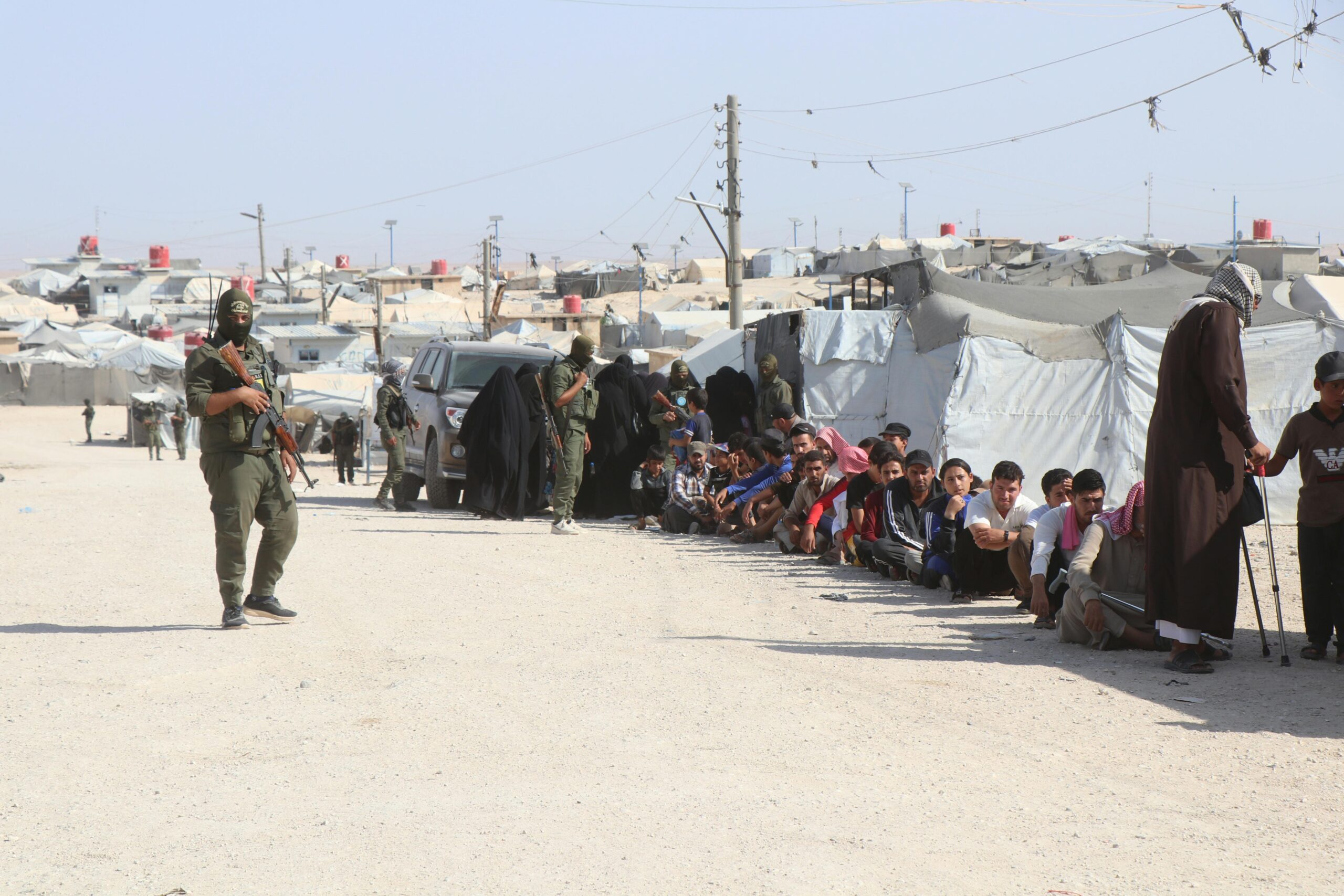A recent statement by the US State Department sheds light on the situation concerning the Al-Hawl refugee camp in northeastern Syria. The camp, originally established in 1991 for Gulf War refugees, now houses a staggering 27,000 people, with a shocking majority – over 12,000 – being children under the age of 12.
A Legacy of ISIS
The camp’s population ballooned in 2019 following the defeat of the Islamic State in Iraq and Syria (ISIS). Thousands of families of ISIS fighters now reside in Al-Hawl, creating a tense atmosphere where extremist ideology is a lingering threat. The Yazidi community, a religious minority indigenous to northern Iraq, was a particular target of ISIS during the Syrian Civil War. Many Yazidis were displaced, enslaved, or worse, during the genocide perpetrated by ISIS. While the exact number of Yazidis in Al-Hawl remains unknown, their presence is a stark reminder of the ongoing trauma faced by this persecuted group.
Dire Conditions and Uncertain Futures
Reports from aid organizations paint a grim picture of life in Al-Hawl. Overcrowding, food and water shortages, and limited medical care create a desperate situation, especially for vulnerable children. Violence and outbreaks of extremism further complicate matters, raising concerns about the potential for ISIS to re-emerge within the camp.
Repatriation Stalemate
The US State Department announced the repatriation of 228 Iraqi citizens from Al-Hawl since the beginning of 2024. However, the process remains slow and complex. The Iraqi government is hesitant to take back many refugees, fearing ISIS radicalization. Other countries with citizens in the camp have also been slow to repatriate them, leaving many in limbo.
A Humanitarian Crisis with No Easy Answers
The situation at Al-Hawl is a complex humanitarian crisis with no easy solutions. The international community must work together to find a way to ensure the safety and well-being of the camp’s residents, particularly the most vulnerable children. This includes finding solutions for Yazidis and others who have suffered at the hands of ISIS. Repatriation, where feasible, along with improved living conditions and programs to counter extremism are crucial steps. The region’s future stability and the well-being of thousands of innocent people depend on addressing this issue with urgency and compassion.

